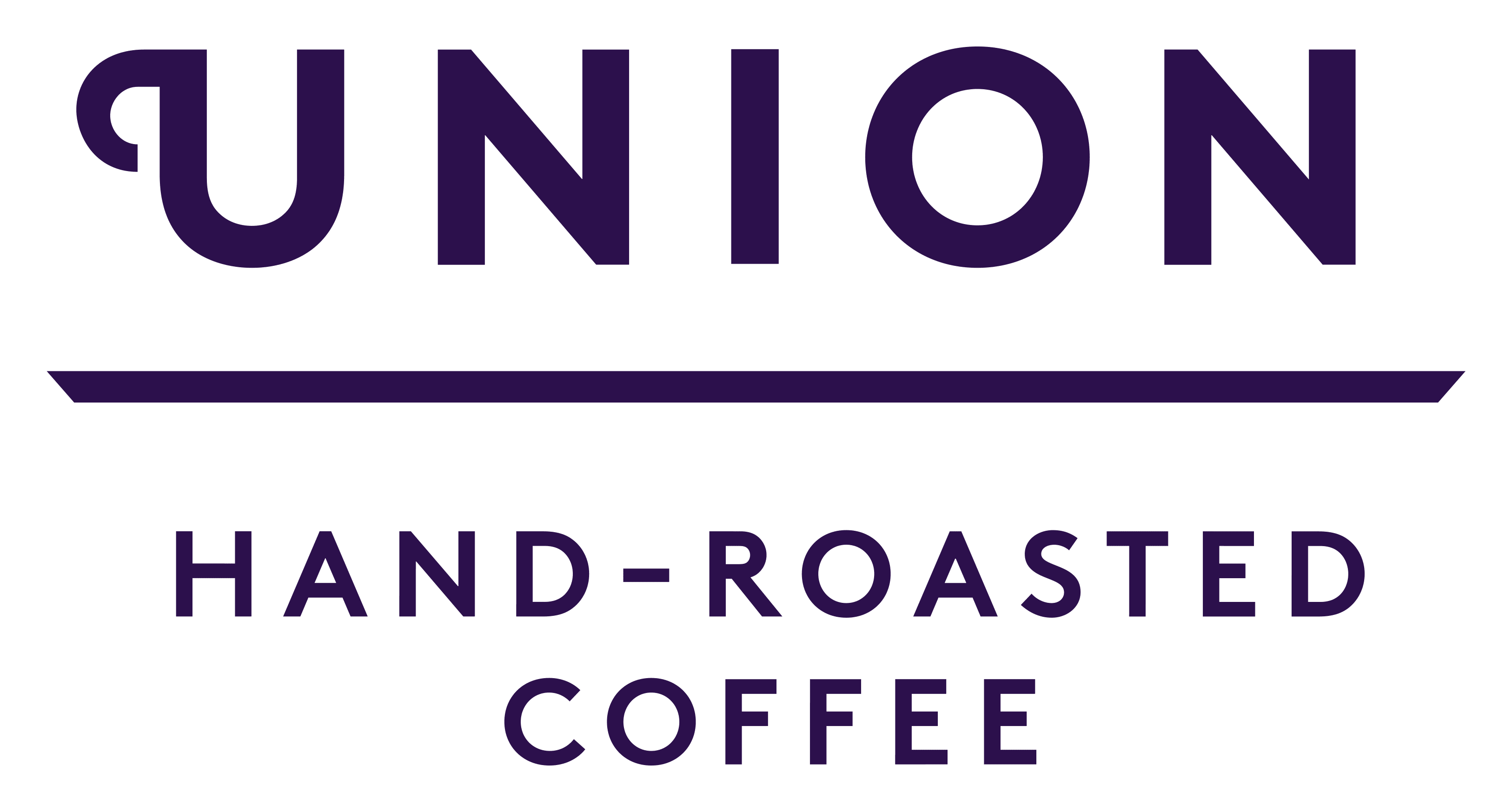
Quality of coffee. Quality of life. Quality of business.
That’s what underpins Union Direct Trade. It brings sustainable livelihoods for farmers and better quality coffee for us to enjoy.
QUALITY OF COFFEE
QUALITY OF LI FE
QUALITY OF BUSINESS
There is a direct link between cup quality and coffee value, so we are committed to paying an additional incentive premium to motivate farmers towards greater income. Our trading mechanism has expanded economic opportunity for small-scale farmers to transition from commoditised production to producing coffee with intrinsic value. When we first started working in Rwanda they didn’t produce specialty coffee. By teaching farmers how to take care of their coffee, we helped them improve coffee quality and we were the first roasters to source speciality coffee from Rwanda. The economic benefits to producers have been profound.
For training we engage with experts in the sustainable practices described in our Code of Conduct. In addition to coffee quality this training addresses environmental issues such as waste water management and reducing agrochemicals.
Training covers health and safety, providing group members with the knowledge and tools needed to ensure their own safety and that of other farm workers. This in turn supports the well-being of their communities.
We also offer training in financial management and capacity building, so that farmers can better understand their cost of production and plan investments.

PRE-HARVEST NEGOTIATIONS AND PRE-FINANCE
Farmers usually get paid at the end of the harvest, when their crops have been picked, but most money is needed at the beginning of the season. This is why we provide ‘pre-financing’: negotiating fixed prices, agreeing contracts of sale and advancing payment for the coffee so farmers can cover their costs during the harvest. This enables them to plan and budget for the season ahead.
We provide pre-financing capital directly to farmers and also work with specialised social investment agencies in vulnerable places in Latin America and Africa.


TRAINING AND AUDITS
We visit farmers and if necessary provide advice and training on improving the quality of their coffee.
Farmers we work with follow our Code of Conduct, which covers both social and environmental aspects of their operations. We conduct audits on farms to ensure these are adhered to.


LONG-TERM RELATIONS
We come back the next year – and the year after. This is crucial to help farmers plan for their future and have long-term security.
Coffee trees produce usually one main crop a year. If a farmer invests time and money in the crop but the buyer does not return to purchase, this can weaken the management and sustainability of the farm.
Just over 70 per cent of our coffee is sourced from relationships extending 5 years or more, with 10 per cent now into our 15th year.
There is an economic benefit to long-term relationships: building trust, confidence in coffee quality and zero contract failures.
Long-term relationships also mean that farmers can plan for their future with confidence. If they make investments in their farm they can be certain we will pay a sustainable price for their coffee.
This is crucial when you consider that a coffee tree takes over three years to grow and to start providing a return on investment.
We have a policy of not buying more than 50 per cent of a single producer's output. This is to avoid dependency on either side. Once these volumes have been reached, we seek to commence a new relationship to meet our business growth demands.
Maraba Rwanda was our first direct-trade relationship (2002) and we still trade with them today. When farmers know they have a trusted buyer year after year, they can plan for the future. Being able to make informed decisions gives them stability.
Millions of people around the world endure inadequate, sometimes shocking working and living conditions. Coffee gives us an opportunity to make a difference in the communities we source from and the people we work with – and also with our colleagues and customers.
We joined the Ethical Trading Initiative (ETI) to gain an understanding about improving labour standards and transparency in our supply chain. We are committed to upholding human rights and support in full the UN Universal Declaration of Human Rights and the International Labour Organization (ILO) Core Conventions.
Union Direct Trade builds strong partnerships with farmers, ensuring high-quality coffee that is responsibly sourced from trusted suppliers. We work with both third party certification and in-house auditors to identify issues around compliance. We know that labour rights abuse can be hidden from easy sight and difficult to identify. We make sure we visit our producers on a regular basis. Visits include farmworker interviews – including interviews with the most vulnerable, such as migrant and seasonal workers – to identify potential human rights abuses.
Ethical sourcing is an ongoing activity, as situations can change each year. Our close relations with producers keep us informed about conditions on the ground.

We visit our farmer partners regularly – in 2017 we made 24 visits. Pascale, our Sustainable Sourcing Manager, conducts audits and interviews at the farms to identify any issues and design corrective action plans if needed.

